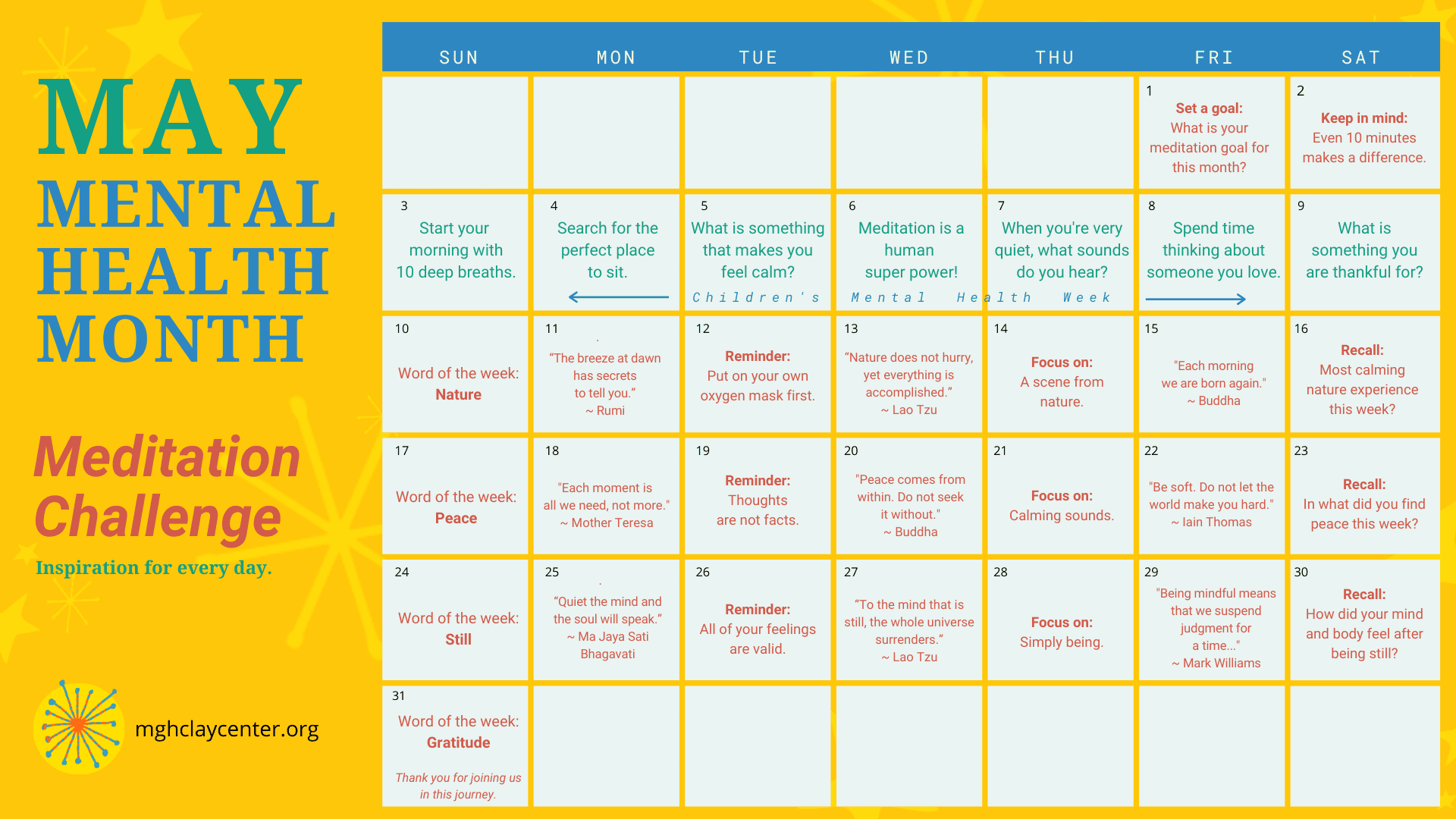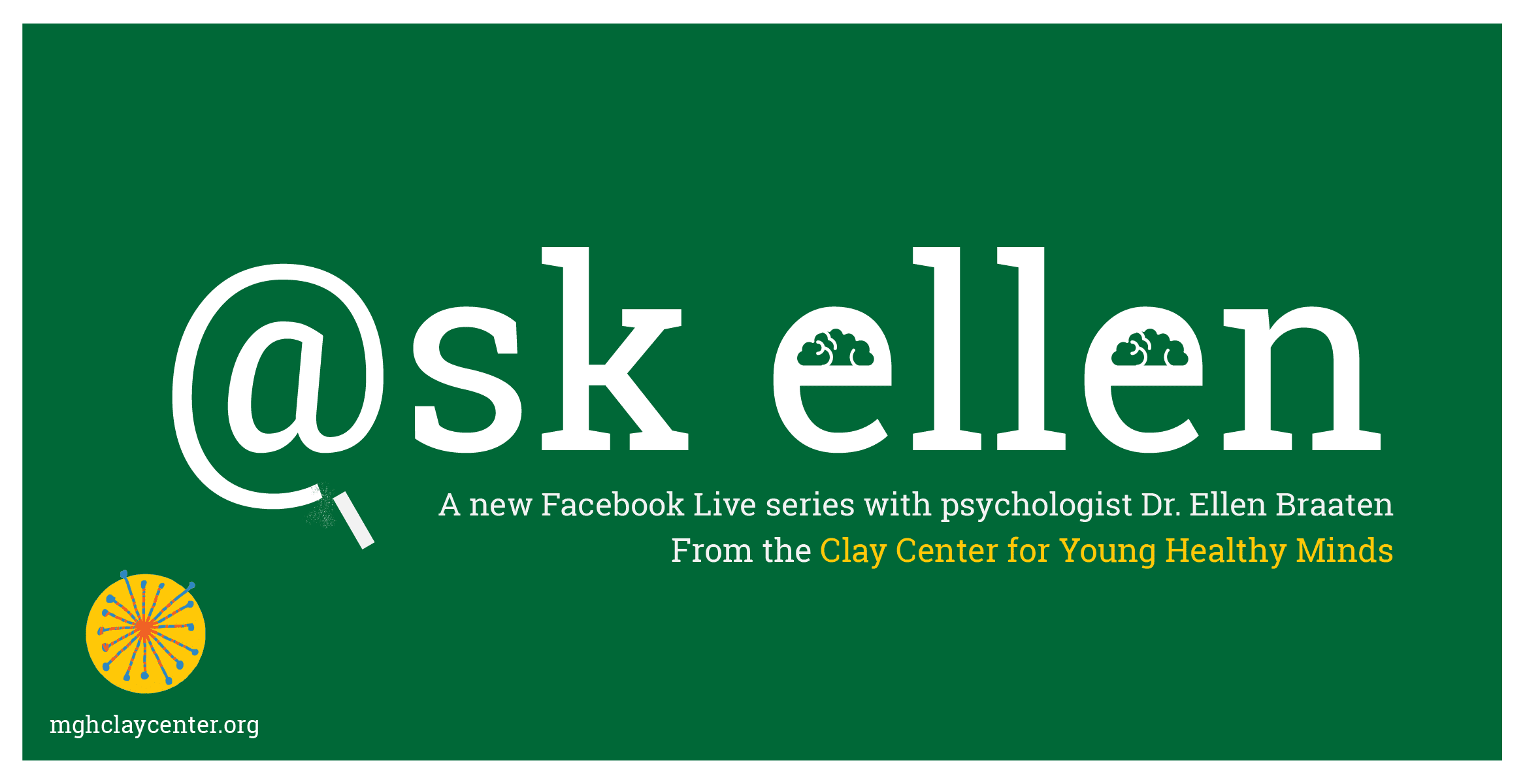Parenting Concerns
The Value of Being a Grandparent: 7 Ways to Support Your Grandchild’s Mental Health

I’ve reached the age of becoming a grandparent. So have many of my friends.
There’s something quite special about this experience.
Conciencia del Estrés: Cómo Pueden Los Padres Ayudar A Sus Hijos Con El Estrés

Jacob, de 14 años, parece tenerlo todo. Vive en un barrio rico, asiste a una escuela privada, practica deportes y es un miembro estrella de la banda de su escuela. Y, sin embargo, se siente incómodo y estresado.
How to Help Young People Cope With Grief and Loss During COVID-19

Este artículo está disponible en español.
The novel coronavirus pandemic has posed a novel way of life for all of us. Beyond concerns about contagion, prevention, or slowing down its spread, and fears of illness and access to healthcare, one thing is clear.
¿Qué pasa si mi hijo tiene depresión?

“Depresión” es un término complicado. Al igual que muchos diagnósticos en psiquiatría, la palabra “depresión” tiene usos comunes y específicos.
May – Meditation Challenge

Every day is time for supporting our mental health, but this year families everywhere are in need of extra hope, support, endurance, and moments of calm. This May, during Mental Health Awareness Month, we hope you’ll accept our meditation challenge.
Ask Ellen: How to Advocate for Your Child’s Learning

A learning disability causes difficulty in an area of learning, such as reading, writing, or math. Challenges in one or more of these areas can affect a child’s ability to thrive in the classroom. But it’s not always clear to parents what to do when their child is struggling.
What’s Ahead for Your Child on the Autism Spectrum?

Perhaps the most pressing concern for parents who have a child with autism or a similar developmental issue is “What does the future hold?”
We don’t have a crystal ball. If we did, joining the circus and traveling the world telling fortunes might prove to be a more helpful career than academic medicine.
When Young People Lose a Hero to a Tragic Death

Most of us, young and old, were stunned by the tragic death of Kobe Bryant along with his daughter. Whether you are a Laker’s fan or not, Kobe represented something more, including for young people.
Tom Brady said it this way in a Twitter statement:
“And in this tragedy, I have learned so much.
How to Help Kids Cope With Situational Anxiety

Este artículo está disponible en español.
Anxiety is a way we humans have evolved to protect ourselves.
AsperDad: Growing Up With a Parent on the Autism Spectrum (Maybe)

This blog post is part of a series entitled Real Lives, Real Stories.
The following person’s account of his/her personal experience has been published with her consent to support the mission of The Clay Center for Young Healthy Minds, and to let others in similar situations not feel so alone.




